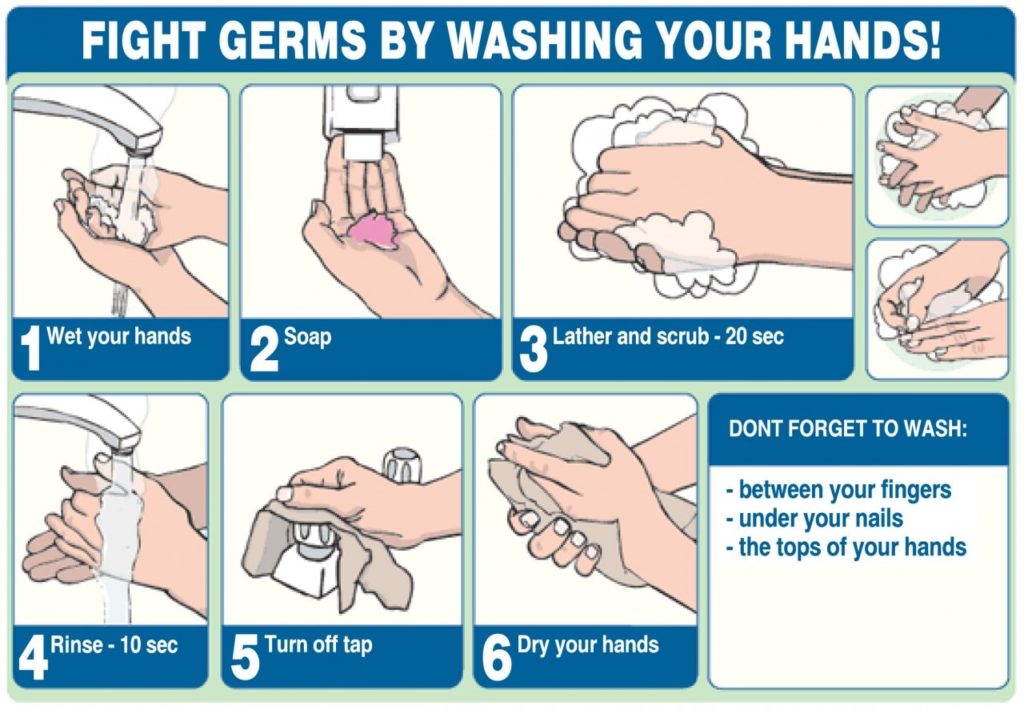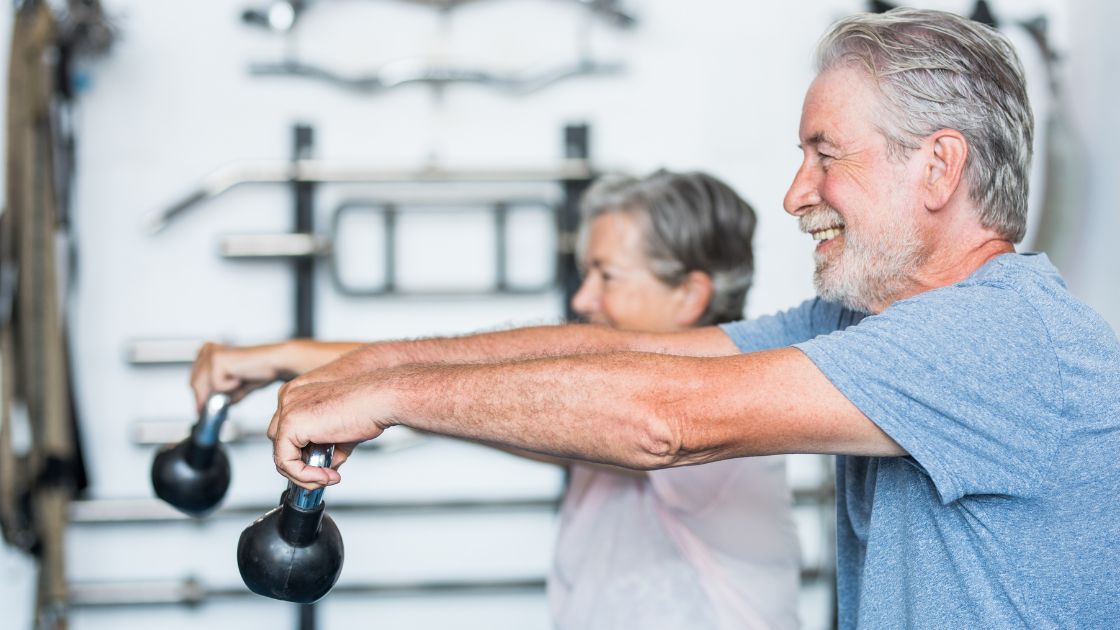Illness Prevention: A Brief Look at Handwashing

As a massage therapist, I hear it all the time- “Your hands must be so soft because of all the lotion you use!” While the lotion helps, the truth is we are constantly washing our hands, so the lotion only goes so far! Like all medical professionals, we wash our hands thoroughly before and after each client. Although it may seem like a given, the true effectiveness of handwashing is vastly underrated. In fact, the CDC and other health care agencies agree: one of the best methods to protect yourself against diseases is proper handwashing.
Hand Washing Science
The science is clear: hand washing significantly reduces illness. Studies show that hand washing can reduce respiratory and other airborne illness by up to 30% and gastrointestinal illness up to 40%. This number are even greater for our most vulnerable populations: children, elderly, and immunocompromised individuals.
It’s All About Technique
Although many know the importance of handwashing, studies show most people do not correctly wash their hands. So, what does proper hand washing look like? The key is time & a soapy lather. The WHO suggests “Washing your hands properly takes about as long as singing ‘Happy Birthday’ twice”.
Using soap to wash hands is more effective than using water alone because the surfactants in soap lift soil and microbes from skin, and we tend to scrub hands more thoroughly when using soap, which further removes germs.
Hand Washing vs Sanitizers
We see the bottles of hand sanitizers everywhere, and I personally carry a small bottle of Purell in my purse. Are hand sanitizers a replacement for hand washing? The short answer is: probably not, but works well in a pinch,
Alcohol-based hand sanitizers quickly reduce the number of germ on hands and are effective against flu & cold germs, but sanitizers do not eliminate all types of germs. Furthermore, sanitizers are not as effective if hands are visibly dirty. Studies suggest that hand sanitizers are effective in medical settings where professionals come into contact with germs but generally are not heavily soiled.
What’s the takeaway from this? Hand sanitizers are effective and absolutely preferable when hand washing is not an option, but washing your hands in the gold standard in illness prevention. Hand washing not only kills the germs on your hands, but also physically removes them, along with other microbes.
Other Prevention Steps
You’ve heard it before- if you are sick, stay home. For instance, if you have massage appointments, CANCEL THEM! Your body needs to rest to recover, and massage can be too strenuous on an already stressed immune system. While massage does provide immunity benefits and boosts, it will not help you if you already have the flu!
Furthermore, massages are done in an intimate setting where the therapist is in close physical contact the entire time. The risk of infecting your therapist is huge, which puts their other clients at risk. For your safety and the safety of your therapist, please cancel your appointments.
Avoid contact with sick individuals.
As always, a healthy diet and exercise gives your body the tools it needs to protect itself against illness.
Conclusion
While the recent increase in communicable diseases is cause for concern, the good news is there are simple steps you can take to protect yourself and others. Hand washing is extremely effective!
Written by: Hannah Marklinger, LMT
Resources:
CDC Handwashing Website and Research
Lin CM, Wu FM, Kim HK, Doyle MP, Michael BS, Williams LK. A comparison of hand washing techniques to remove Escherichia coli and caliciviruses under natural or artificial fingernails. external icon J Food Prot. 2003;66(12):2296-301.
Rabie T and Curtis V. Handwashing and risk of respiratory infections: a quantitative systematic review. external icon
Todd ECD, Michaels BS, Holah J, Smith D, Grieg JD, Bartleson CA. Outbreaks where food workers have been implicated in the spread of foodborne disease. Part 10. Alcohol-based antiseptics for hand disinfection and a comparison of their effectiveness with soaps. external icon J Food Prot. 2010 Nov;73(11):2128-40. Trop Med Int Health. 2006 Mar;11(3):258-67.
Rabie T and Curtis V. Handwashing and risk of respiratory infections: a quantitative systematic review. external icon Trop Med Int Health. 2006 Mar;11(3):258-67.






